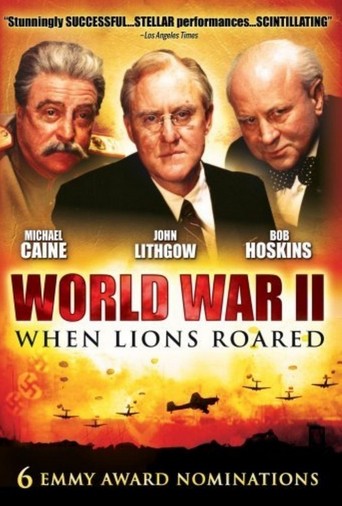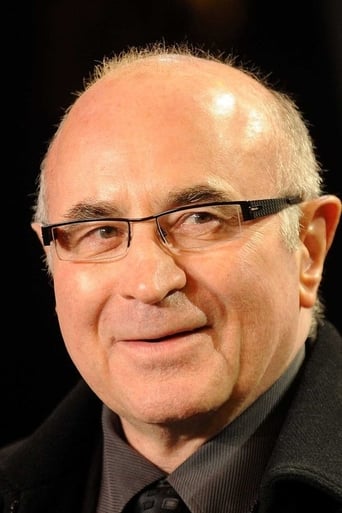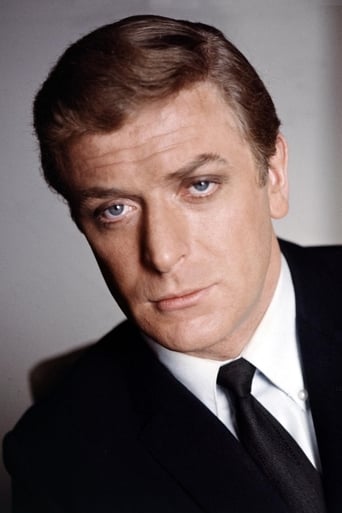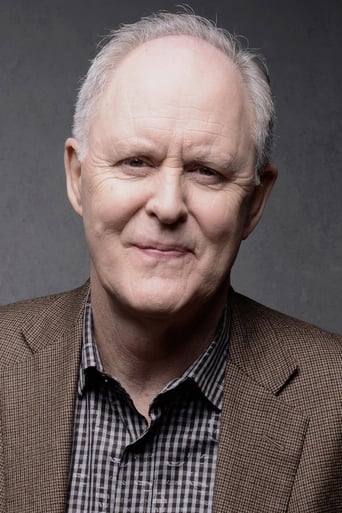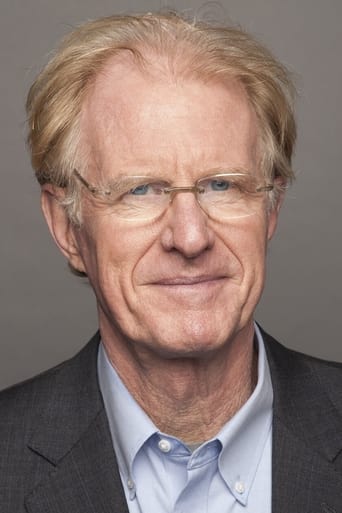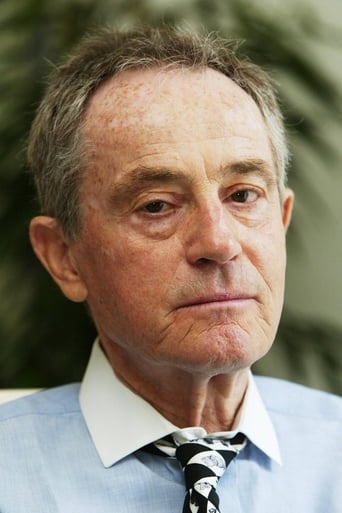Based upon the actual cables between Washington, London and Moscow during the Second World War, this TV-movie examines the relationship between the leaders of these countries throughout the conflict. Franklin D. Roosevelt (John Lithgow), Winston Churchill (Bob Hoskins) and Joseph Stalin (Michael Caine), spring to life as real but imperfect people who nevertheless are great leaders fighting a great war.


Reviews
This three-hour miniseries is a bit of an acquired taste, so if I warn you of what you're getting into, you'll be in a better position to appreciate it. First of all, it's extremely wordy. David W. Rintels's script is well-researched, but it feels like he's written a play rather than a teleplay. With exception to the real-life war footage that's shown—and that could be projected onto a backdrop onstage—the entire movie feels like a taped live theatrical performance. Secondly, it was written in a very unusual style: the three lead characters are in completely separate environments, but they have conversations with each other in the same scene. For the majority of the film, the screen is split in halves or thirds, showing the characters speaking in a dialogue as if they're in the same room, rather than separate countries. Sometimes it feels a little jarring or strange, but if you imagine you're watching a play and the stage is separated into thirds and lit up in accordance to who's talking, it's much more entertaining. And hats off to the editor, John A. Martinelli, who no doubt had his hands full! The film starts in 1941, months before Pearl Harbor, and follows the involvements and interactions of Winston Churchill, Franklin Delano Roosevelt, and Joseph Stalin through the Tehran Conference in 1943. John Lithgow plays FDR, and while he looks very much like the president, he still sounds like himself. Bob Hoskins, on the other hand, is just the opposite. He doesn't look a thing like Churchill, but if you close your eyes, he sounds exactly like him! With Michael Caine as Joseph Stalin, you get the best of both worlds; not only is his appearance picture-perfect, but he puts on a surprisingly good Russian accent. The performances are very fun to watch, so even if you can't make it through the entire three-hour running time, at least watch a half hour of it to appreciate the acting.
The lack of Hollywood-level production values should not take away from the overall quality of this miniseries. The casting and acting is superb and the amount of research must have been incredible. The script lags at some points and there are some anachronisms (most notably the many maps of Europe which show postwar boundaries), but it accurately captures the interplay between three giants of history. It's interesting to note that there are only 5 significant speaking parts (the Big 3 plus Molotov and Hopkins), and the film does a good job capturing the dialogue between them even when they're separate geographically. A simple production that is pure history without unnecessary and distracting dramatic elements -- the history of the time and how the Big 3 interacted with each other produced more than enough drama.
This docudrama covers the period from Germany's invasion of Poland in 1939 to the end of the war in Europe in Spring, 1945, and concerns the interactions -- both personal and political -- of Winston Churchill, Franklin D. Roosevelt, and Josef Stalin.Kids, this war was called "World War Two". The reason it's called "World War Two" is that it came after "World War One." Churchill was the Prime Minister of Great Britain. He was short, fat, bald, and smoked cigars. He was a good guy though, even though he smoked. Stalin smoked a pipe and combed his hair straight back and had a vicious mustache. But he always smiled, even when he was murdering friends. He was a "communist" but was on our side at the time. Franklin D. Roosevelt was one of the presidents of the United States. He smoked too -- cigarettes in a holder. He would never be elected a president today because he smoked. He couldn't walk either. They'd tear him apart in the press; he wouldn't have a prayer. The moral to this is that if somebody offers you a cigarette, don't take it, unless it has no label and is wrapped at both ends. Then it's okay. Thank you for your attention.The miniseries is necessarily sketchy but not hard to follow. Most of the dialog must have been taken from formal speeches or personal memoirs because that's exactly what it sounds like. The director uses a split screen to suggest some of the communications between the three leaders. And while some of the meetings are skipped (Quebec, Casablanca) others are covered in more detail (Teheran, Yalta). At the meetings, everyone sits around a table and speaks very diplomatically, sometimes making small jokes that break the tension. It could be shown in a class on communications. "We agree with you, though we are of course concerned about the Baltics" means, "Keep your Commie nose out of Yugoslavia." It quickly becomes clear that, although Churchill and Stalin are both fighting a common enemy, neither trusts the other. Roosevelt is in the middle, always the worried optimist.Considering the limitations both of the material and the medium, you have to give this an extra point or two. It's not only a lesson in geopolitics but it gives us a glimpse into the personalities of the three eponymous lions, and each has a chance to present his point of view. Stalin was a terrible thug, of course, but that has nothing to do with the subject matter dealt with here.
Dubbed "Then There Were Giants" on cable, this made-for-tv two part film spends three hours presenting a theatrical digest of the communication which ostensibly took place between FDR, Churchill, and Stalin during WWII. Against a backdrop of file footage and the various sets required for conferences (Teheran, Yalta, etc.), the trio of heads-of-state build complex relationships of diplomacy as they map out plans for D-Day, the UN, and more. Lithgow, Hoskins, and Caine turn in excellent performances in this sterling characterization of the men who occasioned some of the 20th centuries most momentous events. Great stuff for WWII history buffs.
